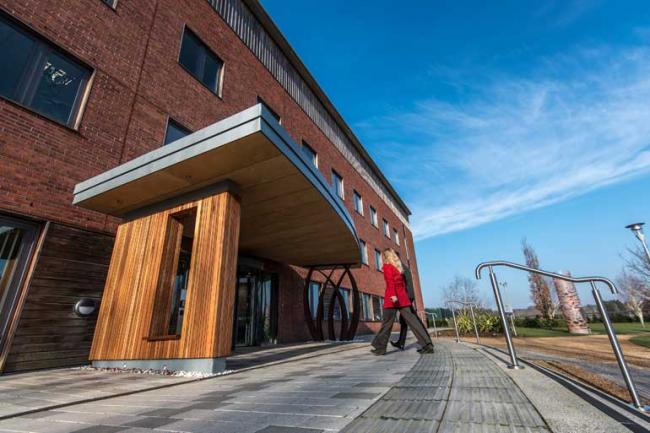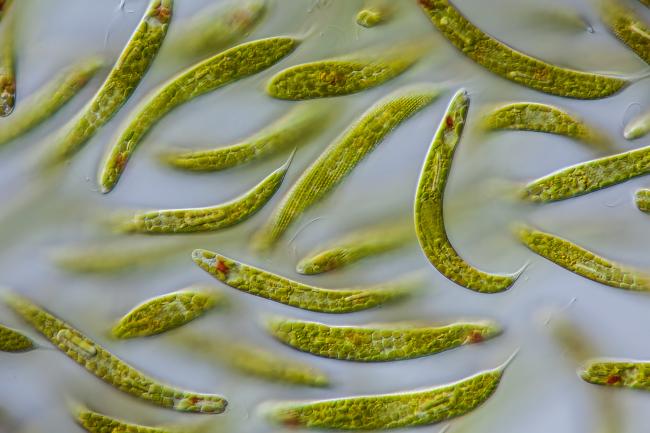
Biography
Prof Neil Hall is the Director of the Earlham Institute and Co-Lead of ELIXIR-UK.
Research interests
Neil's research at the Earlham Institute focuses on comparative and evolutionary genomics in pathogens, studying how microbes evolve and interact with hosts to better understand pathogen emergence and adaptation.
His research group currently focuses on:
- fungal pathogens such as Gaeumannomyces tritici, which causes the devastating wheat root disease Take-All
- using crop and wild crop relatives to understand host-pathogens reservoirs
- eukaryotic microbial diversity in soil and water ecosystems
As Co-Head of Node of ELIXIR-UK - the national Node of the European infrastructure for bioscience data - he is passionate about FAIR data and open science, advocating for greater standards and data sharing to realise the full potential of AI and data-intensive biology.
Background
Prof Hall has worked in the field of genomics and data science for over 20 years. His previous roles include leading The Centre for Genomic Research at the University of Liverpool, and research groups at the Wellcome Sanger Institute and The Institute for Genomic Research (TIGR) in the United States.
His previous research focused on the virulence and health implications of parasitic protists including Plasmodium falciparum, Trypanosoma brucei, and Trypanosomiasis which causes the African Sleeping Sickness.
While at the University of Liverpool, Prof Hall led research efforts to decode the genetic code of wheat to help crop breeders increase yield and produce varieties that are better suited to a changing environment.
Prof Hall holds a PhD in Genetics, and is a Fellow of the Royal Society of Biology (FRSB).
Projects
Publications
Related reading.

AI and life sciences: why FAIR data is essential
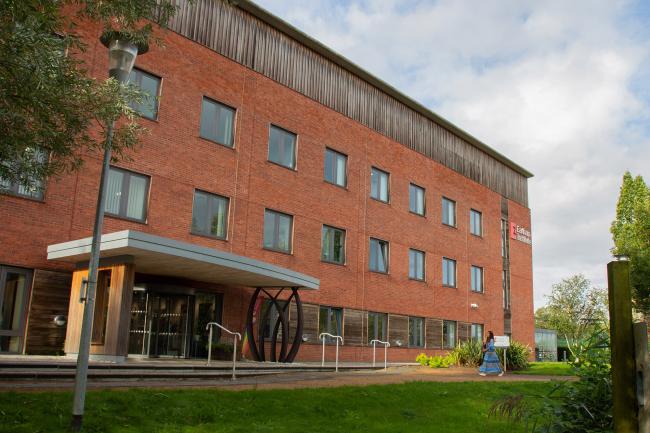
15 years of Earlham Institute research, innovation, and impact
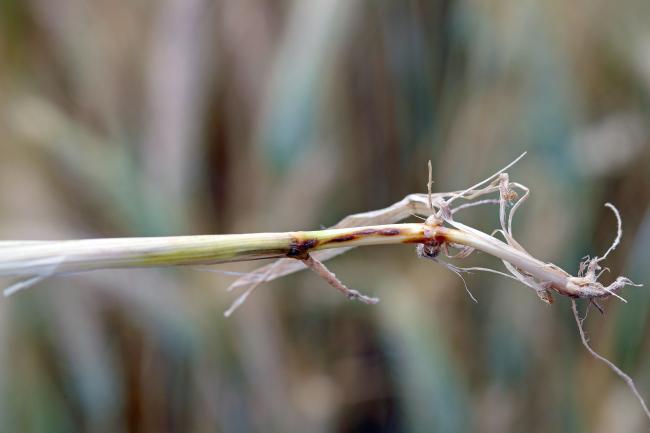
Focus on fungi helps fight global threat to our food
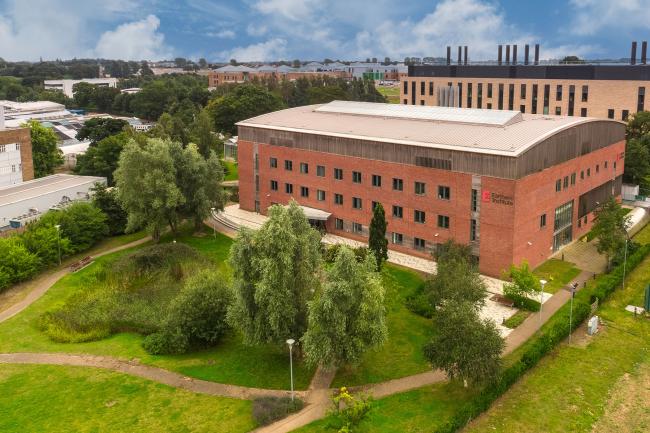
Decoding Living Systems - our strategy to understand and protect life on Earth
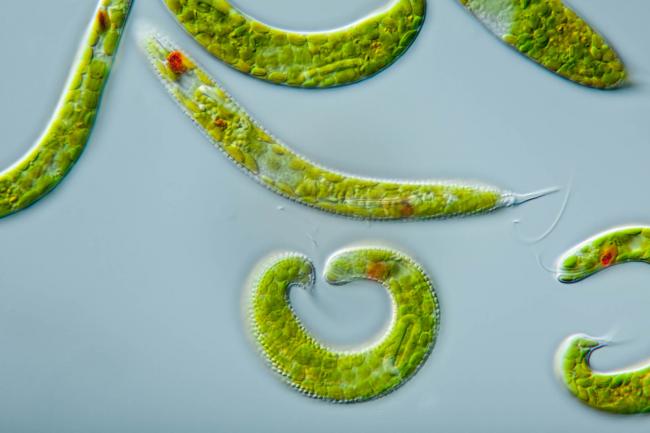
From climate change to mind control, protists run the world

Malaria in the time of COVID-19: the deadly poverty trap

How science will be better set to fight pandemics after COVID-19
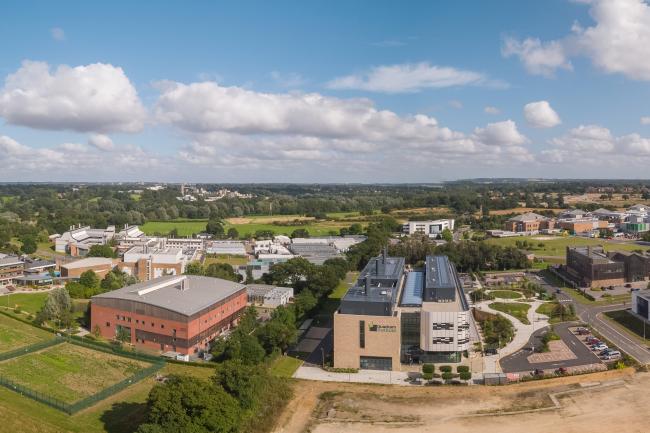
New Data Centre at Norwich Research Park set to bolster UK’s bioscience capability

£34M funding will create much-needed life science data commons
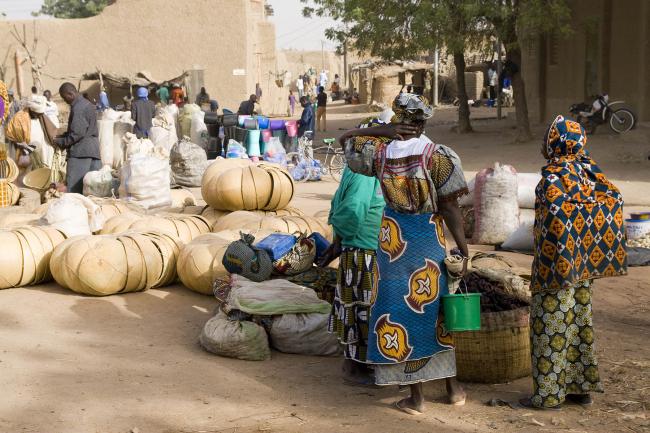
Affordable genome sequencing for pathogen analysis to help tackle global epidemics

Earlham Institute to contribute £4bn to global economy over next decade

Relaxing COVID-19 restrictions early could lead to vaccine resistance
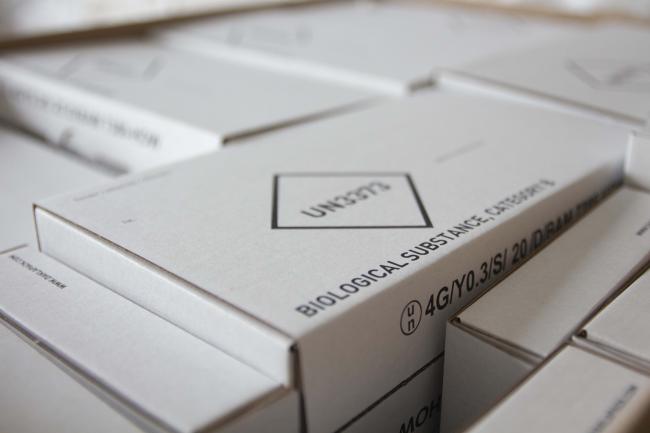
EI to provide Covid-19 testing for UEA staff and students

UKRI given green light for game-changing BioFAIR investment
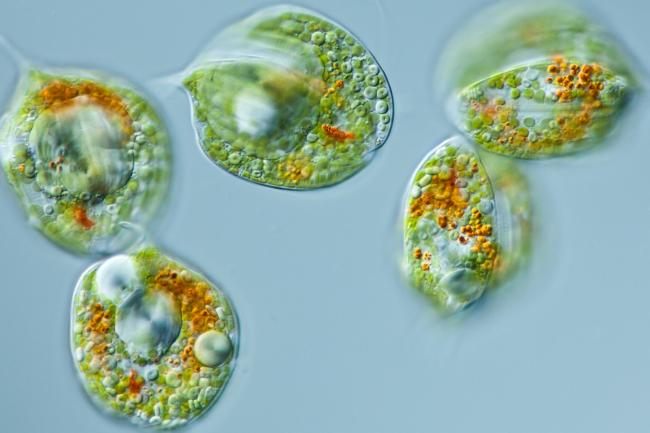
Sequencing project to unleash the huge potential of euglenoids
